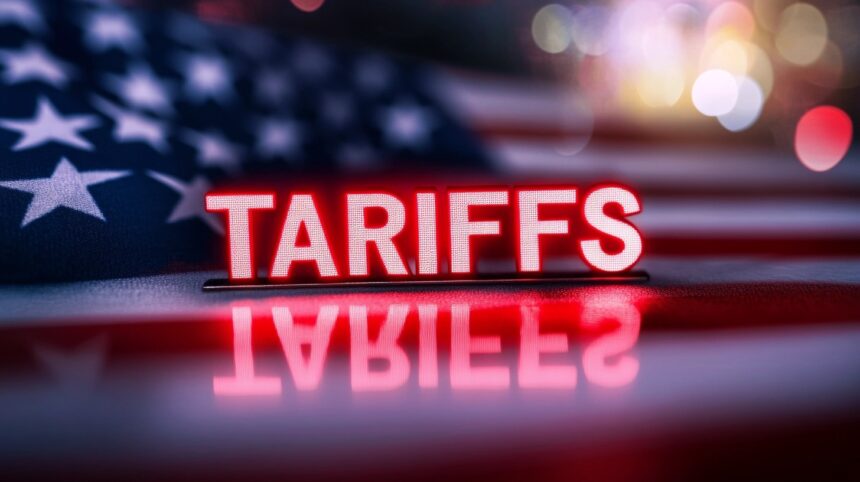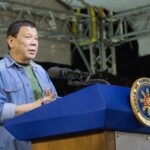The United Kingdom has reiterated its dedication to ongoing trade discussions with the United States, particularly in light of British exports being affected by President Donald Trump’s global tariffs on steel and aluminum. This stance marks a departure from Europe, which opted for immediate retaliatory measures.
Business and Trade Secretary Jonathan Reynolds expressed disappointment regarding the US’s decision to impose a 25 percent tariff on foreign metal products without any exemptions, announced on Wednesday morning.
James Murray, Exchequer Secretary to the Treasury, stated on Times Radio that the UK would not respond with immediate retaliation. Nevertheless, he emphasized that Britain would “reserve the right to retaliate” at a later time.
The UK government had previously indicated its hesitance to impose retaliatory tariffs, hoping that the trade discussions initiated by Trump and Prime Minister Keir Starmer in Washington last month would protect the nation from such measures. Reynolds remarked on Wednesday morning that the UK is committed to a pragmatic approach and is actively negotiating a broader economic agreement with the US aimed at eliminating additional tariffs to benefit British businesses and the economy.
This response from the UK highlights a divergence from the European approach, as the European Commission has initiated “swift and proportionate countermeasures.” This difference in strategy illustrates the advantages of the UK’s formal departure from the European Union since the previous trade conflict led by Trump, although it complicates Starmer’s attempts to strengthen economic and security relations with the continent.
According to government estimates, approximately 5 percent of British steel exports and at least 6 percent of aluminum exports by volume are directed to the US. Reynolds engaged in discussions with US Commerce Secretary Howard Lutnick on Sunday regarding the tariffs, while Starmer urged Trump not to target British manufacturers during a call with the president on Monday.
Starmer’s recent visit to the White House seemed to establish a positive rapport, as both leaders agreed to pursue negotiations for a “new economic deal” centered around advanced technology.






